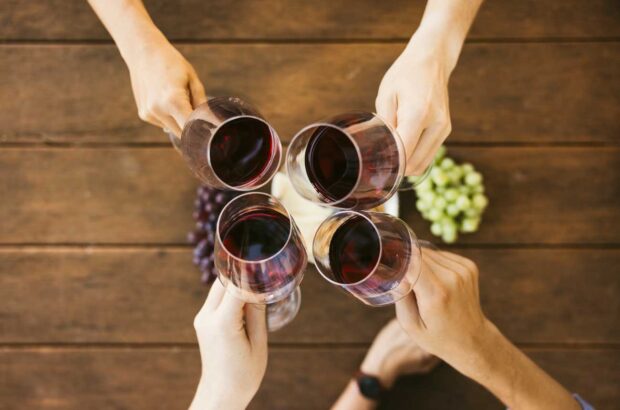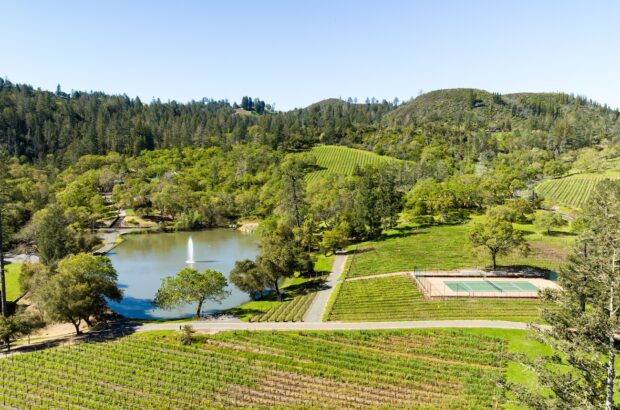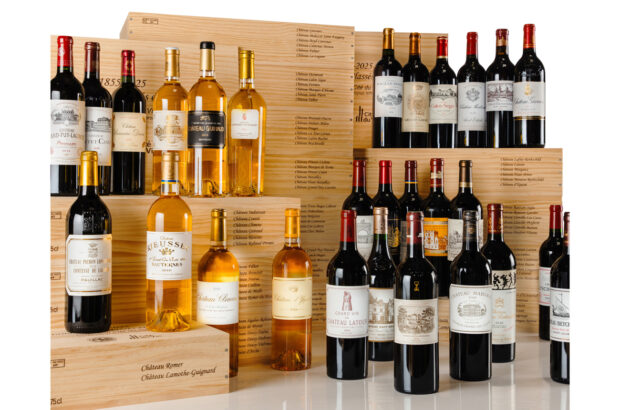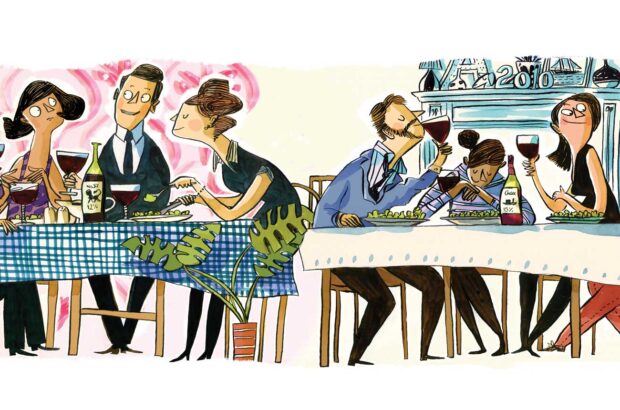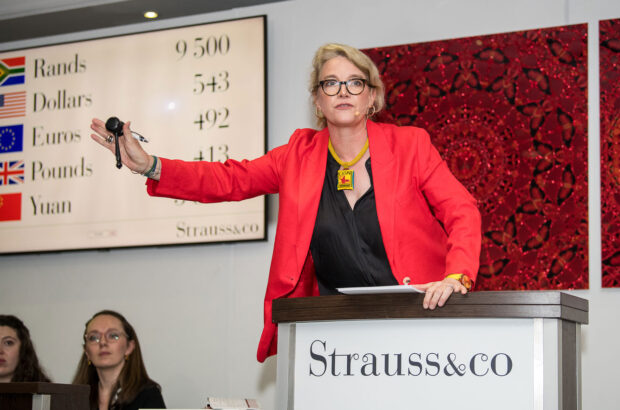As the summer season comes to a close and many wineries prepare for harvest, more than 400 active wildfires continue to burn in British Columbia, a handful of which the BC Wildfire Service designates ‘a potential threat to public safety’ in major cities, small towns and the vineyards in between.
Sparked on 15th August, the season’s most destructive wildfire – the McDougall Creek Fire – had the province’s wine industry on its knees. Spreading over 12,000 hectares (30,000 acres), it initially threatened wineries in West Kelowna. Amid the chaos, Quails’ Gate Winery prioritised safety and support. ‘When a fire of this scale and magnitude threatens your community, safety is the first order of business,’ said CEO Tony Stewart. After confirming team members were out of harm’s way, he added, ‘we mobilised our kitchen and operations teams and are incredibly proud to be preparing more than 600 meals a day for firefighters across five local stations.’
Less than two days after it began, gale-force winds saw the fast-moving burn jump the lake and continue spreading towards the Lake Country area, prompting further urgent evacuations and highlighting the pressing need for comprehensive strategies to address the escalating wildfire threat.

Credit: Stephanie Seaton
‘Wildfire events like what we are currently experiencing in British Columbia are scary and destructive,’ said Erik Fisher, general manager of Lake Country’s O’Rourke Family Estates. ‘Climate change is real, and producing world-class fruit and wines in an exceptional but marginal environment is becoming even more scarce and difficult due to our embattled ecosystem.’
Wine Growers British Columbia (WGBC) president and CEO Miles Prodan agreed: ‘Vineyards and wineries in British Columbia are facing climate-change-related crises on a scale unlike ever before,’ he said, recalling last winter’s freeze, which resulted in an estimated crop loss of 56%.
Catastrophic wildfire events are becoming a near-annual norm in BC. In 2003, the province’s wine country experienced its most devastating blaze: the Okanagan Mountain Park Fire engulfed nearly 250 homes, forcing 30,000 people out of the area and destroying 25,912 hectares (64,030 acres) of land. That was the year wineries on Kelowna’s eastern and southern slopes banded together, later sharing grapes to get bottles on shelves. It was also the year the term ’smoke taint’ entered many Okanagan vintners’ vernacular. Other recent vintages for which smoke taint has been part of the terroir were 2015 and 2021.
In response to extreme events such as these over the last 20 years, WGBC established the Vineyard Resiliency Task Group, with representatives from many of the industry’s major stakeholder groups – winemakers, grape growers, WGBC, the BC Wine Grape Council, the BC Grapegrowers’ Association and the BC Ministry of Agriculture and Food. The group recommends four priorities:
- Supporting a climate-resilient replant program
- Reviewing the Wines of Marked Quality regulations
- Modernising the industry’s data capabilities
- Expanding the Sustainable Winegrowing BC (SWBC) programme
Six wineries and 15 vineyards are now certified SWBC programme members, including Quails’ Gate. ‘As we learned with our certification, everything we do has to consider the broader impact, not only within our winery footprint but within our broader communities,’ said Stewart. ‘Similarly, the forestry agencies are doing the work to mitigate the risk of forest fires through prudent forest management, controlled burns, etc.’
A WGBC press release states that it is too early to know whether this year’s wildfires will affect the vintage. ‘There remain many unknowns, as exposure doesn’t automatically lead to smoke taint,’ Stewart said.
‘There are only a couple of specific wineries within the active fire area(s) that may have been directly impacted,’ said Prodan. Many others, however, have been impacted by the recently rescinded travel ban and ongoing evacuation orders keeping valuable tourist traffic from visiting.
‘Typically, restrictions are only in place for a few weeks, and in many cases, it’s a matter of sitting out that period and holding firm,’ says Okanagan Crush Pad founder Christine Coletta. In those instances, ‘it helps to have diversified sales channels and a robust online presence’ to ensure business continuity.

Credit: Jon Adrian
While WGBC focuses on bridging the gap between government policies and tangible solutions, actionable mitigation currently falls on the shoulders of winemakers and vintners.
For Coletta’s 130-hectare (320-acre) Summerland property, knowing firefighters focus on saving lives and structures, she said they ‘had to take matters into our own hands.
‘We removed any dead trees or trees that would cause fuel for a fire, installed fire hydrants around the top perimeter where prevailing winds would likely push fire, and invested in pumps and lines. We also have a restored pond on our property that we can pump large volumes of water from. And, of course, we have miles of hose, so we can move water to where we need it.’
As for the Okanagan Crush Pad facility, ‘It’s built of concrete with a metal roof, so we have done what we can to ensure our structure survives as best as it can,’ Coletta added.
The reality of vintage-specific challenges such as wildfires is not new for Stewart of Quails’ Gate, whose family has been farming in the valley for over 60 years. ‘It’s the nature of agriculture,’ he said, ‘and it’s one of the things that makes the world of wine so dynamic and captivating.’



